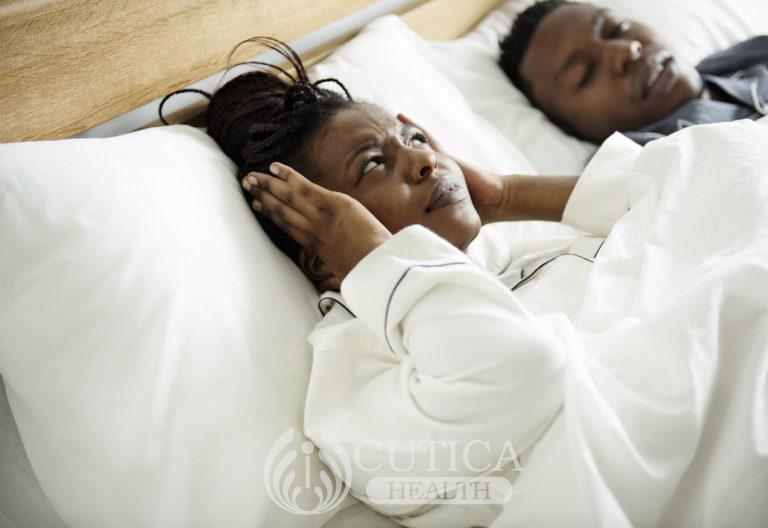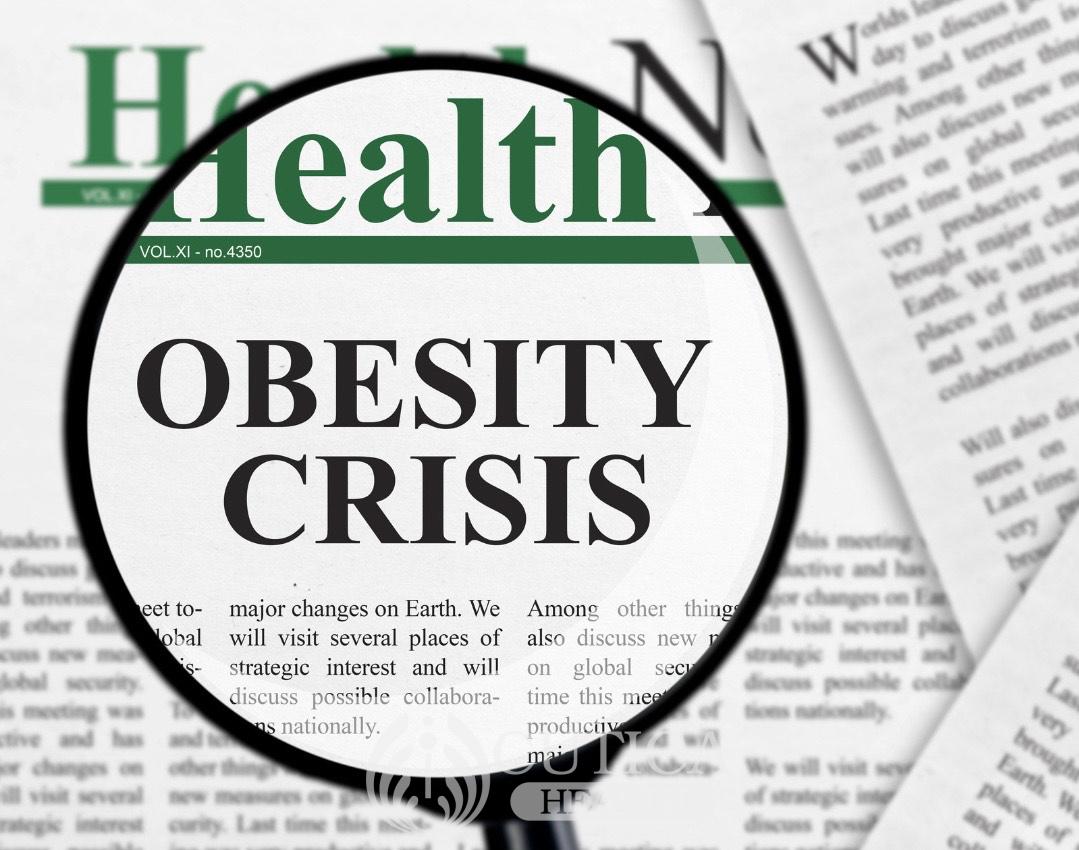
This condition leads to frequent, uncontrollable pauses in the process of breathing, which can awaken you abruptly while sleeping, or disturb your sleep by rousing you from sleep without you fully waking up . In addition to hampering the quality of your sleep, sleep apnea can also prevent your partner from enjoying an undisturbed sleep due to the snoring sounds produced due to this condition.
Let us have a look at the common causes, risk factors, and treatment options for sleep apnea.
Types of Sleep apnea
There are 3 common forms of sleep apnea as given below:
- Obstructive sleep apnea: This is the most common type of sleep apnea. It is due to a fall-back of the tongue on the airways, particularly the back of the throat, during sleep. This results in an obstruction in the flow of air while sleeping causing snoring as well as frequent awakening due to breathing difficulties.
- Central sleep apnea: This is a less common type of sleep apnea that occurs due to the dysfunction of the nervous system. It occurs as a result of the inability of the brain to send appropriate signals to the muscles that control your breathing process resulting in breathlessness and choking.
- Complex sleep apnea: it is a combination of central and obstructive sleep apnea.

If you’ve been told you snore a lot and you tend to wake up tired or feel uncontrollably sleepy when you should be alert such as when driving, talk to you healthcare provider to make sure you don’t have sleep apnea.

What are the risk factors for sleep apnea?
- Age: the risk of sleep apnea is higher in the patients above the age of 40 years.
- Gender: this condition is more likely to affect men than women.
- Obesity: the incidence of sleep apnea is higher in obese individuals as the higher fat mass around the neck region is more likely to obstruct the air passages and thus, create pauses in the normal breathing process.
What are the treatment options available for the management of sleep apnea?
Use a CPAP device
The use of Continuous Positive Airway Pressure (CPAP) devices is often recommended for the patients who suffer from obstructive sleep apnea. CPAP devices work by reducing the physical obstruction in the air passages. A CPAP device works by gently blowing pressurized air through the air passages at a higher pressure to keep them open thus allowing a free flow of air.
The pressurized air also works as a splint to prevent the backward collapse of your tongue on the soft palate.
Oral Appliances
Oral appliances are designed to hold the lower jaw slightly forward to ensure improved patency of the air passages. These appliances prevent the tongue from falling backward thus allowing for an unobstructed or continuous flow of air through the airways.
Chin Strap
Chin Straps help to manage sleep apnea by holding the jaw in place such that the backward collapse of the throat and tongue is prevented. It prevents the blocking of the airways by maintaining the forward position of the jaw. It also helps to keep the mouth closed and thus, encourages breathing through the nose.
part from these devices, patients diagnosed with sleep apnea are also advised to adopt healthy lifestyle habits to improve the symptoms. Here are a few lifestyle recommendations that could relieve the symptoms of sleep apnea.

Maintain a healthy weight
Sleep apnea, particularly when mild, can be relieved by making healthy lifestyle changes. Since obesity is the most common precursor to sleep apnea, maintaining a healthy weight is recommended to derive significant relief from the symptoms.
Patients with sleep apnea are advised to follow healthy dietary practices such as avoiding high-fat, high-carb foods and increasing the intake of fiber-rich fruits to lose weight. They should also exercise on a regular basis to promote weight loss. Some individuals get some relief when they avoid sleeping on their back. Talk to your doctor about what is best for you.
Smoking and alcohol intake are linked to a higher risk of sleep apnea. Also, the symptoms of sleep apnea tend to be higher in patients who smoke or consume excessive alcohol. Hence, quitting smoking and limiting your consumption of alcohol are recommended by doctors. Sometimes sleep apnea requires surgery to correct the underlying problem.
Conclusion

Lack of sleep due to sleep apnea can have a detrimental impact on your daytime productivity., cause embarassing drowsiness and also increase the risk of accidents. In some people, sleep apnea can increase the risk of heart disease and high blood pressure. Hence, it is important to identify the signs of sleep apnea and, with your doctor’s guidance, take steps to control the symptoms to ensure you can get a refreshing sleep every day.












